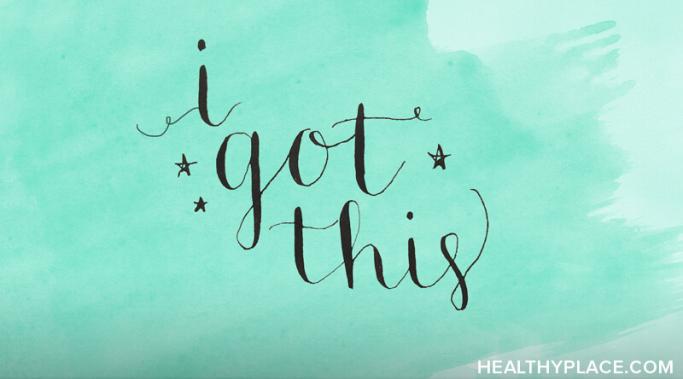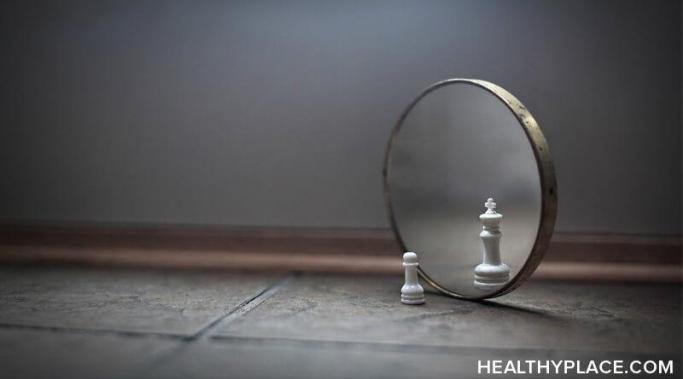New experiences can bolster self-esteem. I learned this first-hand this week when I received training on new technology for managing my type 1 diabetes. As exciting as it is to be on the cutting edge, my ancient VCR is still unconnected since my recent move because I can't figure out how to attach it to my new cable box. New technology is challenging for me and I was nervous about going in for my training. I am still a bit anxious today as I continue to learn on the job, so to speak, but every day I see tiny little improvements in my diabetes control, and it keeps me motivated. This new experience is strengthening my self-esteem, bit by bit.
Self Esteem Women - Building Self Esteem
Finding self-love after a traumatic suicide attempt seems like a daunting task. After all, of the many thoughts circling the brain after an event of intended suicide, very few of if any are positive. It's more common to feel fear, shame, and misery. And eventually the question will arise–can I ever learn to love myself after the trauma of a suicide attempt? (Note: This post contains a trigger warning.)
How's your body image? Are you attractive? Do you like the way you look? Do other people think you're beautiful? It's hard to talk about body image without sinking deep into our most vulnerable places. As standards of beauty become progressively less realistic (hello Instagram filters, goodbye pores), being able to have an honest conversation with ourselves about our looks becomes increasingly difficult. Yet we each live within our own, unique bodies every day–being able to look at them in a realistic (and non-damaging) way is a valuable tool towards understanding who we are, developing a healthy body image, and ultimately towards building self-esteem.
Do we have to conquer fear? I've gone through some changes in my life recently that have me thinking about fear. In particular, how we react to feeling afraid. Why are some fears considered perfectly acceptable, while others fill us with shame and demand action? Being afraid of an aggressive animal, an impending surgery, or a loved one experiencing harm are all considered rational and acceptable. Yet we tend to hide our fears of social interaction, object/behaviors that feel uncomfortable, or people who affect us. So, what makes certain fears unpalatable? What makes us decide a fear is unfounded or embarrassing? Why are some fears allowed, while other fears must be conquered?
A recent Boston College blames hooking up and college culture for low self-esteem in women. Therapist and author Emily Roberts sheds some light on the bigger picture of university life and post college problems.
Therapist and author Emily Roberts provides 4 books that build self-esteem and enhance confidence for those who are single and dating.
Therapist and HealthyPlace Blogger Emily Roberts gives 5 effective tips to increase body confidence.
Walking into the self-help aisle of your local Barnes & Noble or logging onto Amazon can be a bit daunting. There are thousands of books on building self-esteem and self-confidence to choose from and with the hefty price tags, you don’t want to walk out with a book that just doesn’t do it for you.
Part of my job is reading self-help, psychology, and all the books in-between. I find the ones that resonate with me and have helped those I work with build themselves up, then pass them on to clients or friends. These are some of my current favorites for creative and effective building of self-confidence and self-esteem in adults and children.







